Over the past few centuries, a certain ideal has become very popular: that of the intelligent person.
In traditional schools, the intelligent person would master classical languages and mathematics.
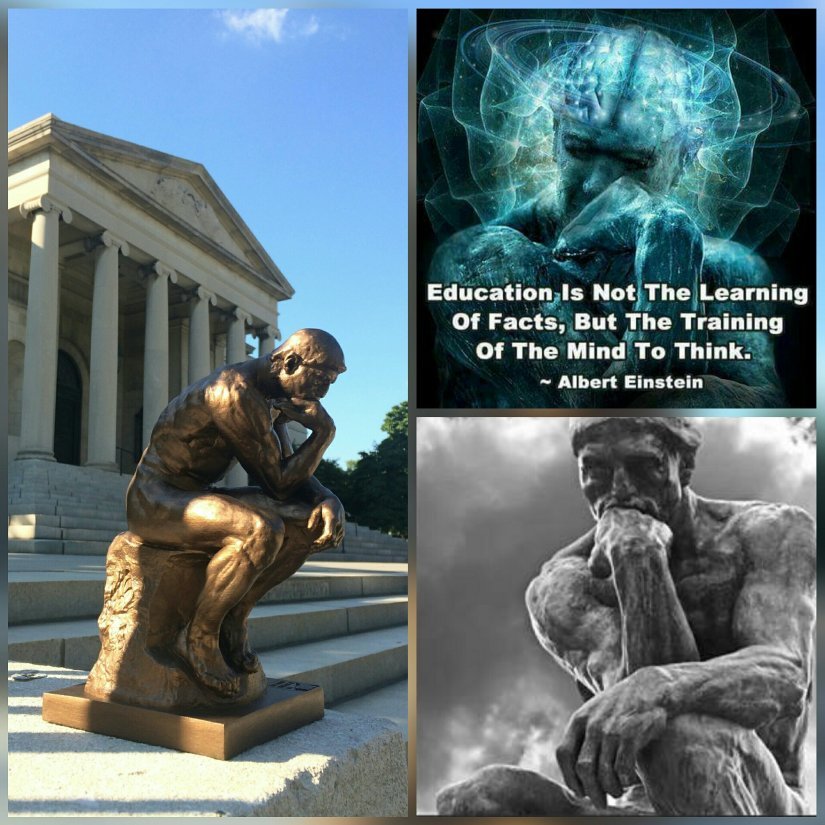
Gifted Children
In a business setting, the intelligent person would anticipate commercial opportunities, take measured risks, build up an organization, and keep the books balanced and the stockholders satisfied all at the same time.
Kind of like a Renaissance Person. (Lol!) or maybe a Supercomputer!!!
Supercomputers
I was highly stimulated by my most recent research on Supercomputers. Guess what I found out? Supercomputers and mainframes are not competing solutions as you might think!
Quantum Computers vs. Supercomputers vs. Mainframes
Supercomputers vs. Mainframes
Both Supercomputers and mainframes address a particular type of need. The difference between supercomputers and mainframes is best described as follows:
- Mainframes – Computing power used to perform billions of small transactions. Wow!
- Supercomputers – Used for focusing on solving a single big problem. Hhmm..very interesting.
When it comes to measuring how powerful supercomputers are, a unit of measurement referred to as “floating-point operations per second” or “flops” is used.
Apparently, the authority when it comes to keeping track of who has the fastest computer is the TOP500 project.
Ever since 1993, TOP 500 has been using the Linpack benchmark to measure relative performance among supercomputers to determine who has the fastest computer. The list they produce every six months contains the top-500 computers in the world, along with some really interesting metrics. See the diagram below:
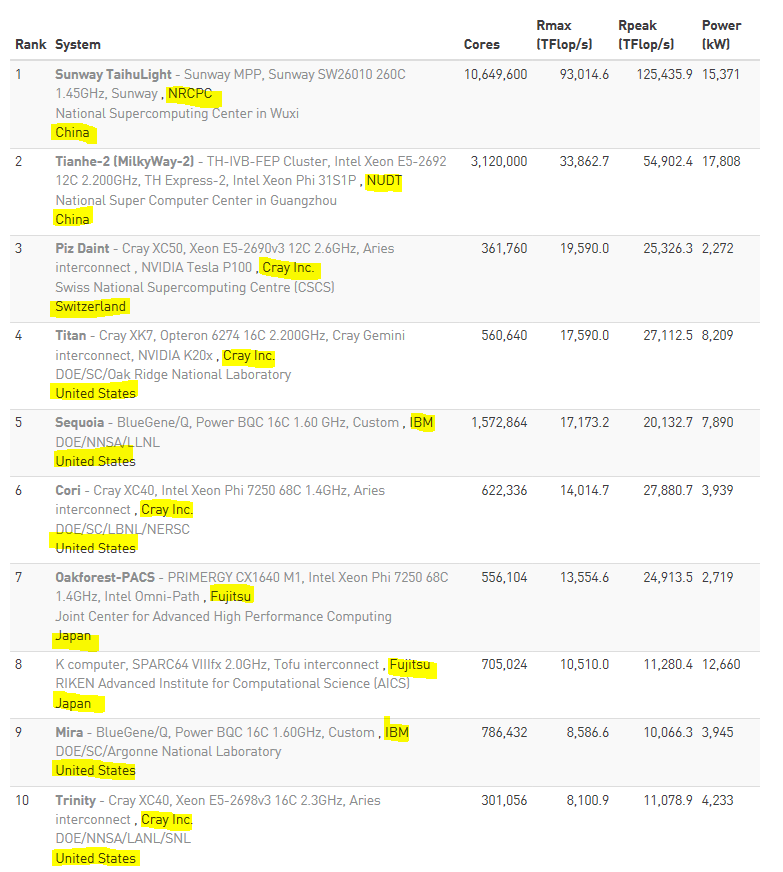
We can see that the fastest computer in the world is the Sunway TaihuLight, one of the greatest sources of Chinese national pride after the giant panda. With a ridiculous price tag of $273 million. Lol!
The TaihuLight is built entirely on Chinese engineered semiconductors as part of a program to decrease China’s reliance on foreign technology.
Countries with the most Supercomputers
When it comes to the country with the most supercomputers, the USA and China are now in a dead heat when measured by total GFlops (251 million vs. 235 million) and by number of machines (168 vs. 160).
Please also note that 88% of the computing power in the TOP 500 list is owned by just 10 companies:
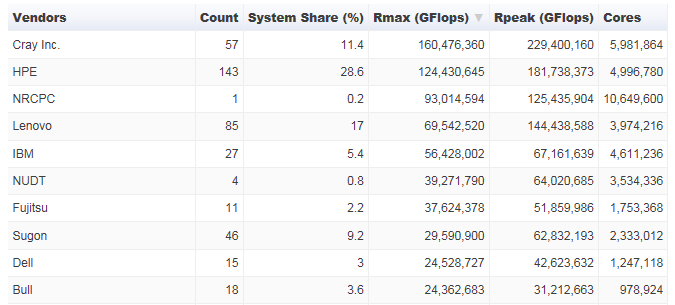
Supercomputers vs Quantum Computers
When quantum computers are complete, they will be expected to work on the same sort of problems that supercomputers work on today – everything from designing better airplanes to discovering new drug molecules, to assisting people with their love life! Lol!
Let’s talk about Money
The Bible gives a prime example of the stewardship of money in the book of Luke,
Chapter 20: verses 20-26;

Paying Taxes to Caesar
20 Keeping a close watch on him, they sent spies, who pretended to be sincere. They hoped to catch Jesus in something he said, so that they might hand him over to the power and authority of the governor.
21 So the spies questioned him: “Teacher, we know that you speak and teach what is right, and that you do not show partiality but teach the way of God in accordance with the truth.
22 Is it right for us to pay taxes to Caesar or not?”
23 He saw through their duplicity and said to them,
24 “Show me a denarius. Whose image and inscription are on it?”
Caesar’s,” they replied.
25 He said to them, “Then give back to Caesar what is Caesar’s, and to God what is God’s.”
26 They were unable to trap him in what he had said there in public. And astonished by his answer, they became silent.
Wow!
The Ideal Human Being (Renaissance Man/Woman)
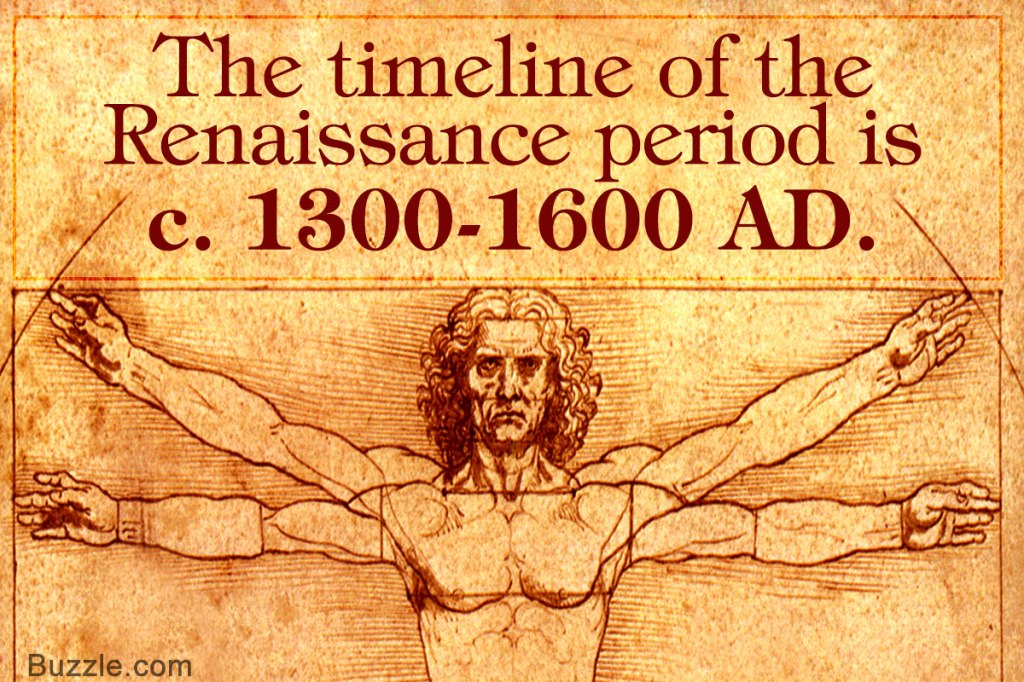
Every society features its ideal human being. The ancient Greeks valued the person who displayed physical or athletic agility, rational judgment, and virtuous behavior (good luck with the last point!) Lol!
The Romans highlighted manly courage, and the followers of Islam prized the holy soldier.
Under the influence of Confucius, Chinese populations traditionally valued the person who was skilled in poetry, music, calligraphy, archery, and drawing.
I was even fascinated to discover that even among the Keres tribe of the Pueblo Indians today, the person who cares for others is held in high regard. That’s my favorite and most encouraging! Maybe I’ll try for that one!
The Symbol Analyst and the Master of Change
Fast forward to the 21st Century where a premium has now been placed on two new intellectual virtuoso’s or types of prodigies: the “symbol analyst” and the “master of change”.
Symbol Analyst
According to my studies, a symbol analyst can sit for hours in front of a string of numbers and words, usually displayed on a computer screen, and readily discern meaning in that maze of symbols.
This person can then make reliable, useful projections.
Cool!
Master of Change
On the other hand, a master of change readily acquires new information, solves problems, forms “ties or partnerships” with mobile and highly dispersed people, and adjusts easily to changing circumstances.
Even cooler!
It should also be noted that those charged with guiding a society or community have always been on the look out for intelligent young people.
Intelligence and Family
In the late nineteenth century, Frances Galton, who was one of the founders of modern psychological measurements, thought that intelligence ran in the family.
Frances Galton
Based on that assumption, he looked for intelligence in the offspring of those who occupied leading positions in the British society.
However around 1870, he began to devise and create more formal tests for intelligence, ones consistent with the emerging view of the human mind as a subject for measurement and experimentation.
Now in today’s modern world we have countless people avidly pursuing the best ways of defining, measuring, and nurturing intelligence.
Alfred Binet
Alfred Binet was a psychologist who was commissioned by the French Government to devise an objective method for identifying children who were not doing well in school.
He designed the first comprehensive intelligence test in the early 20th century.
Then later on in 1916, Lewis Terman and his colleagues at Stanford University revised Binet’s test for use in the United States, resulting in the administered test gaining wide acceptance during the 1940s and 1950s.
From there, the Stanford-Binet Intelligence Scale was introduced and is still widely used. (Fourth Edition SB-IV).
IQ = MA/CA X 100
I was also intrigued to find out that as time progressed test researchers developed a formula for expressing a child’s intellectual level that made it possible to compare children of different chronological ages (CA), which apparently are expressed in how old in years and months the children are.
This measurement was called the intelligence quotient (IQ) and is defined as follows:
IQ = MA/CA X 100
The computation of IQ made it possible to understand how a child’s intellectual ability compared to that of peers of the same chronological age. However, there were problems with this ratio approach to IQ and now IQ is assessed using the deviation IQ approach.
This approach assigns an IQ score by comparing an individual’s test score with the scores of other people of the same age range.
David Wechsler
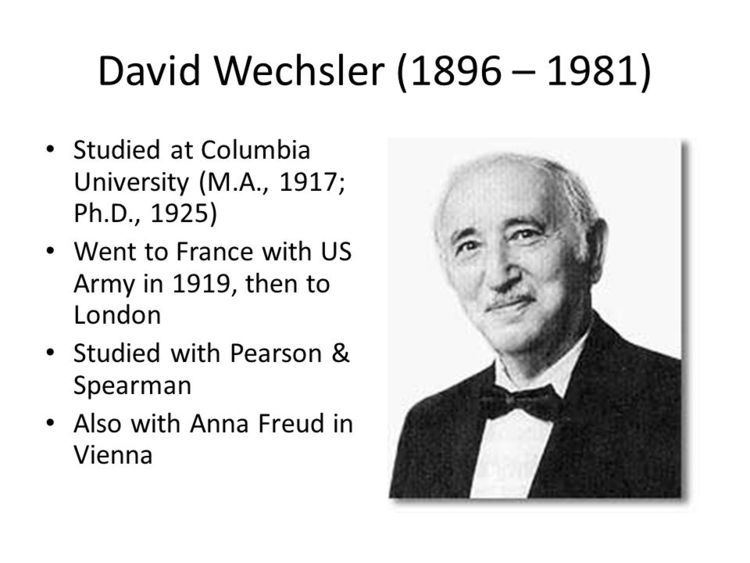
David Wechsler is primarily known for developing this technique and was applied to IQ tests that both he and his colleagues developed.
The test for early childhood is the Wechsler Preschool and Primary Scale of Intelligence, or WPPSI.
The test for childhood and adolescence is the Wechsler Intelligence Scale for Children or WISC and the test for adulthood is the Wechsler Adult Intelligence Scale or WAIS (“wace”).
https://teneishajohnsondream.wixsite.com/dreamcreator/let-s-talk-about-trash-baby
An individual who takes any of these tests obtains a score that is compared statically to the scores of other people of the same age.
The Wechsler IQ test is widely used although there are many other intelligence tests being used.
IQ is assumed to be normally distributed around an average score of 100, with about 2/3 of the general population scoring between 85 and 115 and almost 96% of the population scoring between 70 and 130.
That leaves roughly 2% of the population scoring below 70 and another 2% scoring above 130, which is a popular cutoff point for defining giftedness.
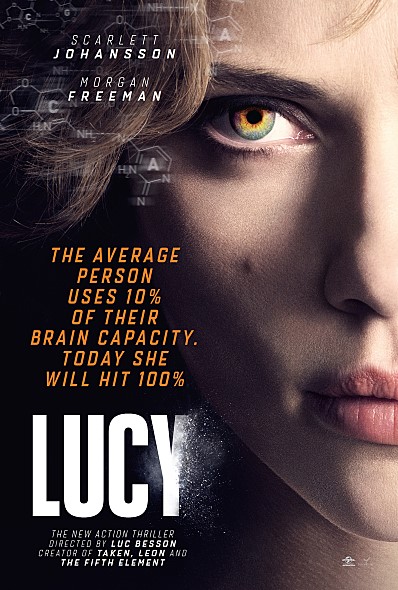
Liberal Education, the University and the Truly Educated Person
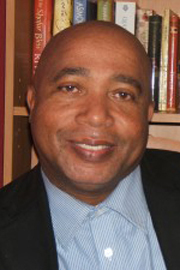
It is quite fashionable for the new student, just entering university, to have the view that making lots of money is the imperative of education and so begins to focus on what he or she is to do, rather than who he or she is to become. A fixation on specialization as the key to this end may cause that student to miss out on an education. It may turn out that study gets in the way of education.
For the typical college student, a specialty such as accounting, computing, economics or marketing is pretty straightforward, but why, in addition, courses in literature, history, philosophy, psychology, etc.
Getting to see beyond mere specialization is the challenge of liberal education. The view that the education process should develop the person not just as a businessman, farmer or physician – but as a human being – is easily sidelined, especially in the context of globalization and the urgent need for ‘belt-tightening measures’ even in education
In lean times, the humanities come into question and so areas like languages, the arts history, cultural studies, philosophy and religion are usually hardest hit. The ‘idealistic’ notion that critical thinking, civic and historical knowledge and ethical reasoning, areas the humanities especially develop, are necessary for effective participation in a free democracy regardless of career choice, becomes sidelined for the ‘urgent’ and the ‘now’.
And, yet, the purpose of education must be to prepare the student to think, to adapt, to be creative, especially knowing that job skills learnt today soon become irrelevant. A liberal education is vital.
A liberal education is one that ensures that a person becomes more than a specialist or technician. It is education that takes the long-range view and so concentrates on what shapes a person’s understanding and values, rather than on what he can use in one or two of the changing roles he might later play. As Marshall Gregory says in his article ‘A liberal Education Is Not A luxury’ published in the Chronicle of Higher Education, Sept.12, 2008, students overriding concern should be how to develop as fully as possible their basic human birthright: their powers of imagination, aesthetic responsiveness, introspection, language, rationality, moral and ethical reasoning, physical capacities and so on.
Liberal education focuses on developing the students as fully as possible as human beings, as human persons, reflective, thinking beings and as responsible agents thus ensuring that a person becomes more than a specialist or technician. It trains but it also educates.
In explaining its devotion to a liberal education, Yale University says ‘At Yale you are required to learn broadly and deeply. Depth is covered in your major. Breadth is covered in three study areas: the Humanities and the Arts; the Sciences, and the Social Sciences and three skill areas: writing, quantitative reasoning, and a foreign language.”
Yale University Website – Fareed Zakaria in his excellent book on the subject – In Defence of a Liberal Education, says that “A Liberal Arts education teaches you how to write, how to speak your mind, and how to learn, immensely valuable tools no matter your profession.
Technology and education are actually making these skills even more valuable as routine mechanical and even computational tasks can be done by machines or workers in low wage countries.”
‘Students are clamouring for degrees that will help them secure jobs in a shifting economy, but to succeed in the long term, they’ll require an education that allows them to grow, adapt and contribute as citizens. And this is why many schools are shaking up their curricula to ensure that undergraduate business majors receive something they may not even know they need – a rigorous liberal arts education.” The Atlantic, June 28, 2016.
“Business majors seem to be graduating with some of the technical skills they’ll need to secure their jobs, but without having made the gains in writing or critical skills they’ll require to succeed over the course of their careers, or to adapt as their technical skills become outdated and the nature of the opportunities they have shifts over time.” Yoni Applebaum – Business Majors and the Liberal Arts, June, 2016.
Because by our very nature, human beings desire to know, the first task of liberal education is to fan the spark and ignite the natural inquisitiveness. Arthur Holmes, in one of my favorite books on education, The Idea of a Christian College, explains that if the mind is to be formed, the imagination stretched, the vision enlarged, the intellectual powers sharpened, then courses in reading and writing are mandatory.
With reading, he explains, comes the gaining of input, the fertilization of imagination, conceptualization, and evaluation. To write trains one to become articulate, to express, to expound, to argue, to explore relationships, to have a sense of the whole.
Friendships, marriage, family, work, recreation, political involvement, social action, technology, etc, requires understanding and right values. These all need reflection informed not only by the natural and social sciences, but also by the insight and sensitivity about human affairs which the humanities afford.
So values and facts must be taught together. The student must be exposed to ethics, to social problems, to aesthetics and to the logical structure of value judgments.
In modern societies, career mobility, rather than a job held for a long time, is critical. Career preparation, therefore, requires large understandings, rich personal qualities and lasting values. A liberal education contributes greatly to this. It does this by attention to thinking and values and by its emphasis on breadth of education
These underlie the understanding of management processes; historical perspectives on sociopolitical institutions and values as a precondition to understanding labour unions, free enterprise and alternative economic structures; cross cultural awareness and foreign area studies are essential in firms that have international relationships; the humanities , especially literature and philosophy, demand clear thinking, precise writing, and scrutiny of one’s own values that prepare one for any career involving careful communication and continued self examination.
The broadly integrative character of liberal learning moves the student beyond narrowly focused analytic techniques to see the overall picture.
In the end, it is liberal education, steeped in the thinking that education should develop the human being as an entire person that is best able to produce an educated person. The truly educated person possesses moral virtues – the qualities of character such as love and fairness, integrity and the courage of one’s conviction.
It includes intellectual virtues – what Holmes calls qualities of mind, such as breadth of understanding, openness to new ideas, intellectual honesty about other views, analytic and critical skills, and a sense of history, freshness of imagination, independence and creativity of mind.
An educated person is characterized by his or her responsible action in all areas of life. This person is conscientious, helpful, decisive, self-disciplined and has the ability to correct his or her course and start afresh.
The educated person also possesses qualities of self-knowledge. He or she is capable of an honest appraisal of his or her strengths and weaknesses and harbours no false modesty or overconfidence. Instead, he or she is willing to address weaknesses, to invest in his own strengths and, importantly, to learn from others.
The educated person is widely read and alert to the issues of the day. He or she continues to read and to grow, aware that however large the circumference of his or her knowledge, just as large are the borders of his or her ignorance.
Arthur Holmes is dead right. At the end of the experience, the university education should sharpen the mind, heighten the imagination, deepen the understanding, broaden the sympathies and kindle new interests. It should produce in the student the anxiety to shoulder his load of responsibility for himself and society.
Individuals with Disabilities
Many children with disabilities around the world have either been hidden out of shame, misunderstood or mistreated.
https://teneishajohnson.wixsite.com/dream/influence-never-stops-with-a-genera
Nevertheless, in the United States of America, the passing of the 1997 Amendments to the Individuals with Disabilities Education Act (IDEA-97), the re-authorization of this act in 2004 (IDEA-04), and the No Child Left Behind (NCLB) Act in 2002, we can safely say that they are making considerable steps to the needs of their most vulnerable citizens.
Within the Cayman Islands, the Government and the general population has also been working diligently to make improvements were necessary in this regard and I strongly believe this will only facilitate more unity, hope and ambition for the people of the Cayman Islands.
Remember , Influence should never have to stop with our generation or a person’s disability.
The Sunrise Adult Training Center
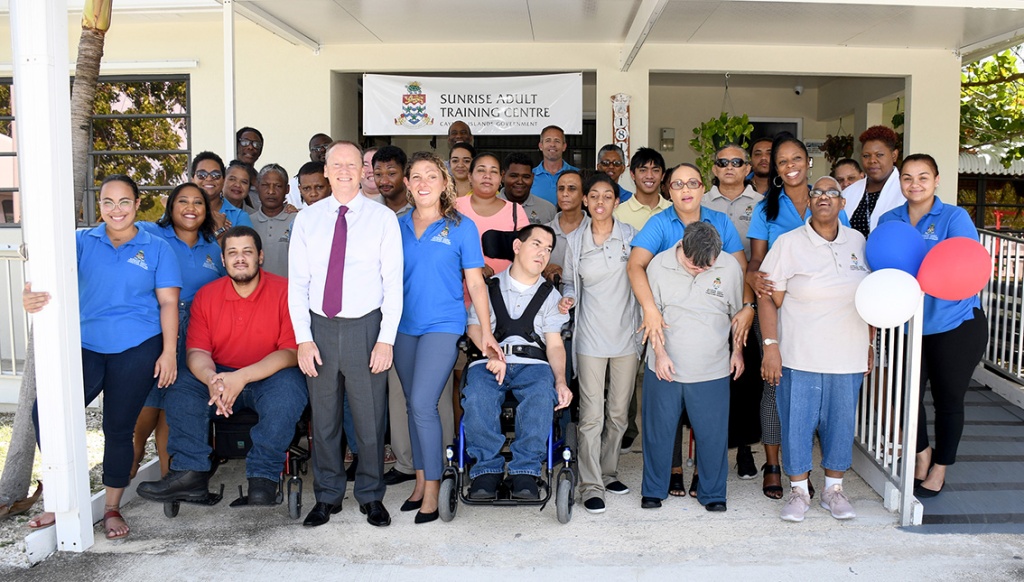
The Pursuit of Intelligence
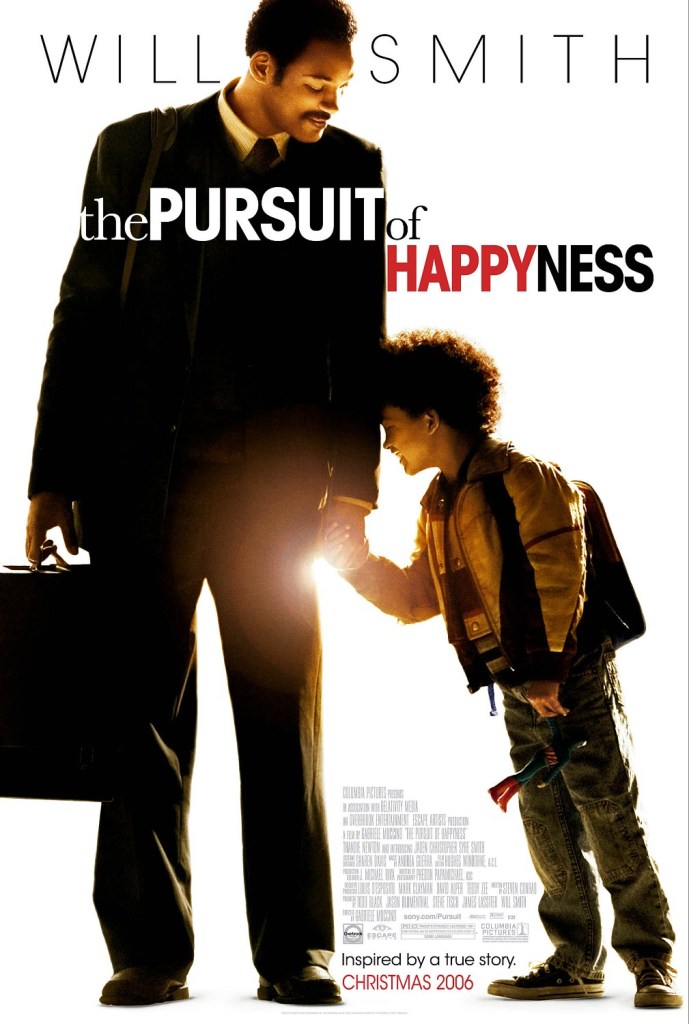
It is obvious that efforts to measure intelligence will continue and become more widespread in the future.
Gifted Children Continued….
Across cultures we see young children excelling in various pursuits, some mastering certain capabilities a lot faster than their peers.
When such children stand out, we call them talented or gifted and when they are performing at an adult level, we call them prodigies.
There are literally hundreds of books, dissertations or theses, and thousands of popular scholarly articles on the theory of intelligence, and other human cognitive capacities, such as creativity, expertise and genius.
Some Characteristics of the Gifted
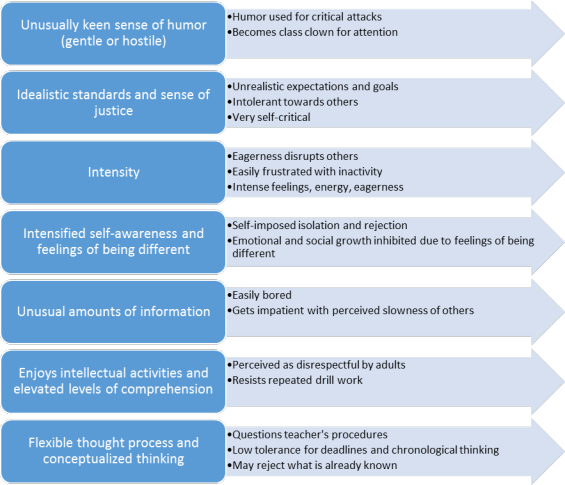

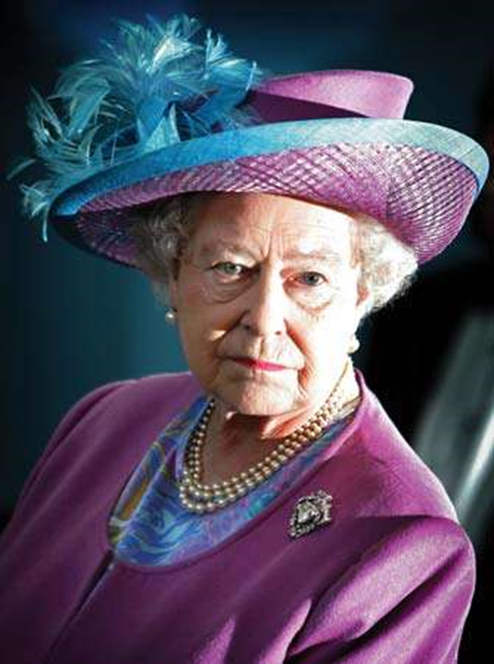
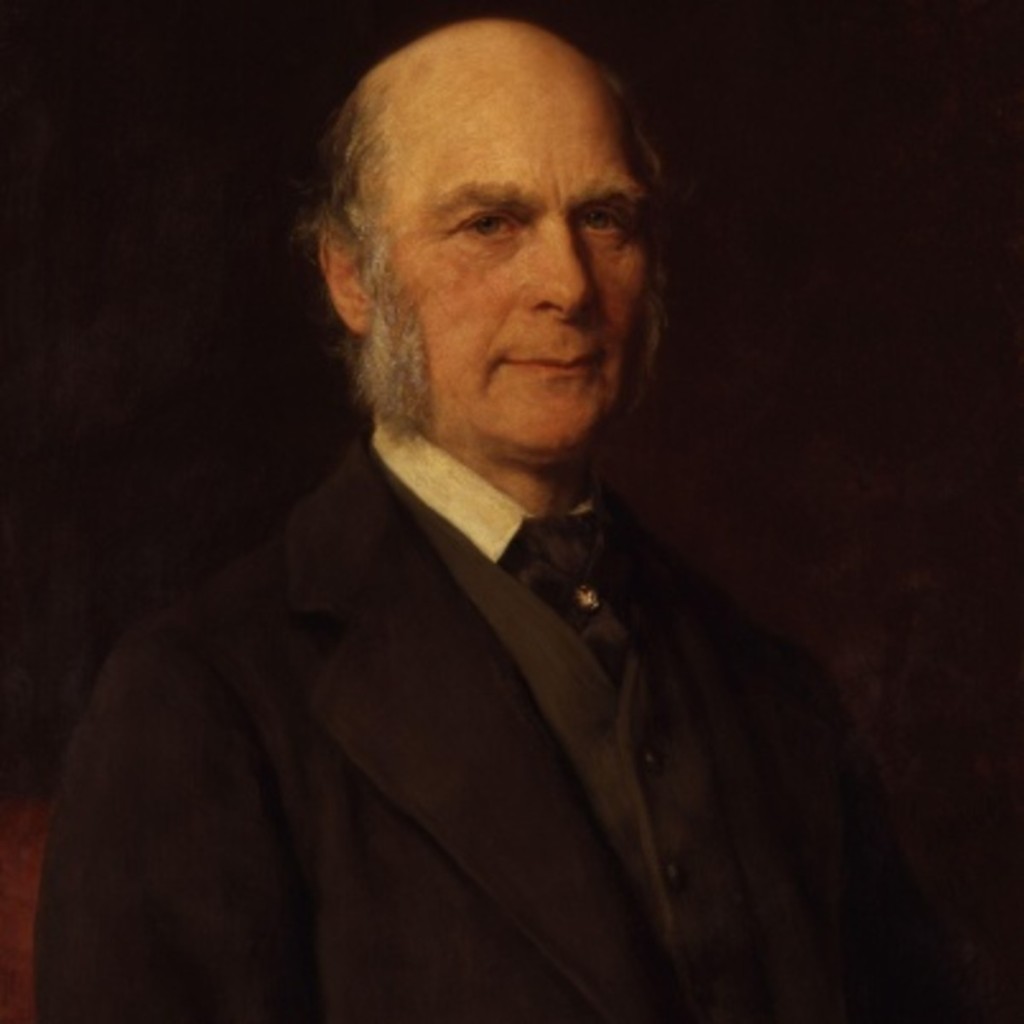

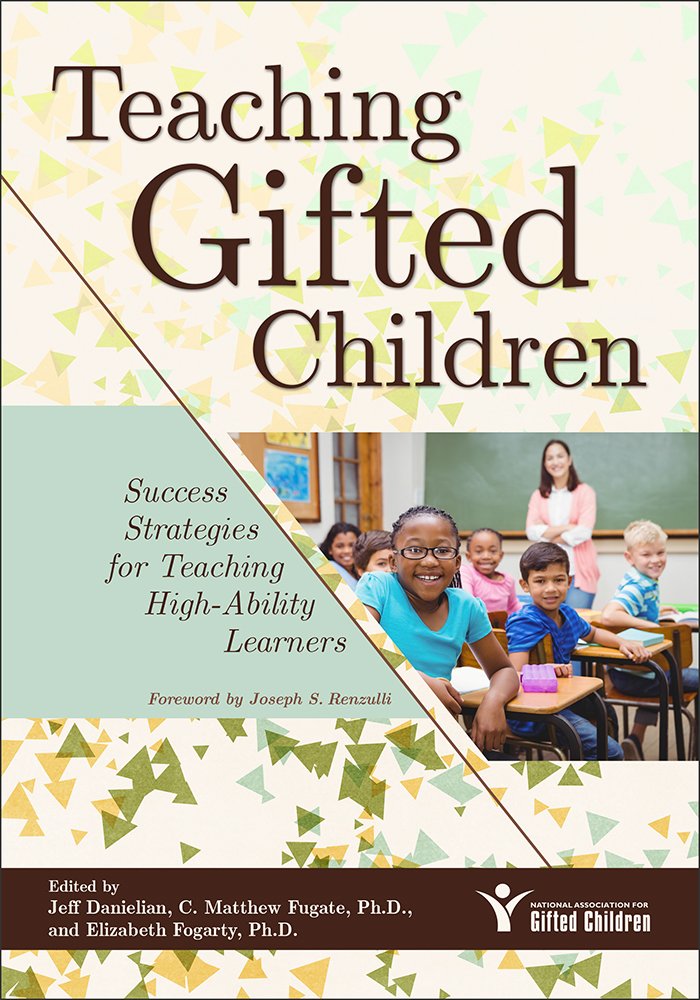
5 thoughts on “The Intelligent Person”